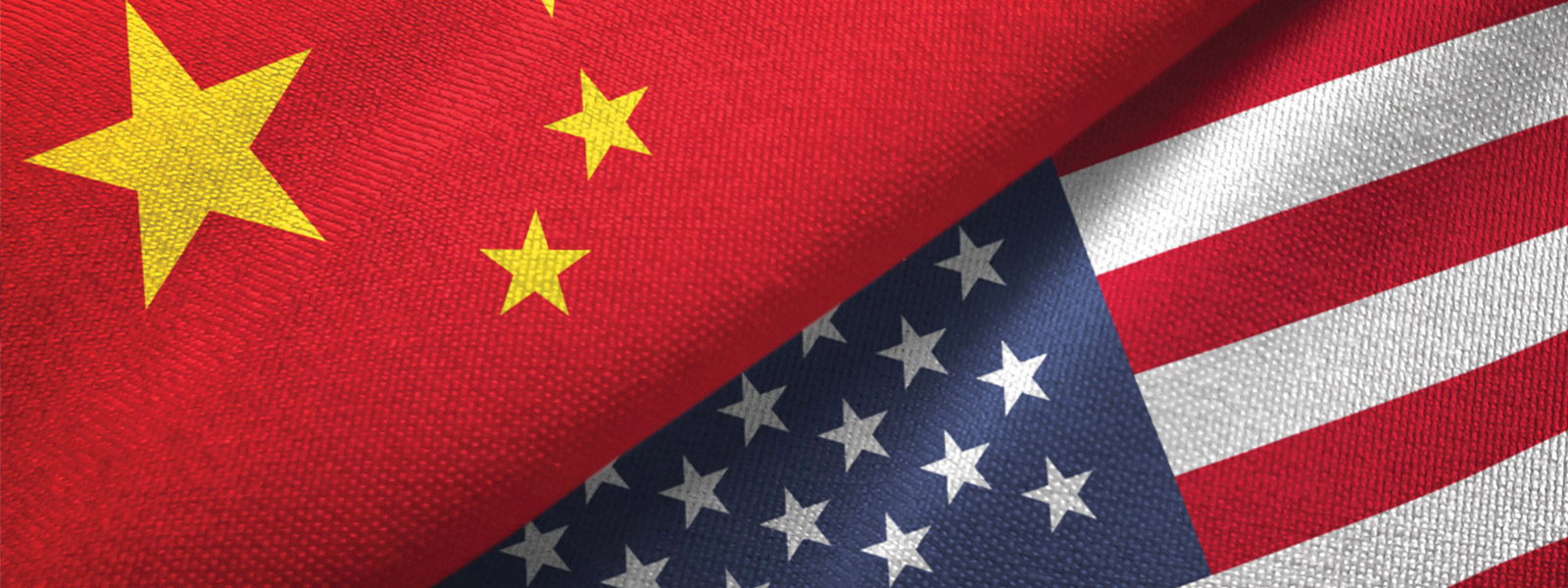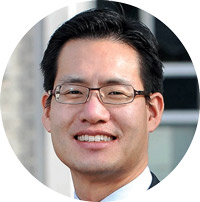

| Catholic University faculty and students are immersed in a culture of research. In this series we offer a sampling of the many big questions they are working on. |

“The relationship between the United States and China is one of the defining challenges of the 21st century,” says Andrew Yeo, who recently studied in Asia on a Fulbright faculty research grant. Fifteen years ago he received a Fulbright as a student to study in South Korea. This time he was in the Philippines exploring how international factors influence civil society in Asia.
“China will likely surpass the U.S. in terms of aggregate power by the end of this century. Power, however, does not automatically translate into influence or global leadership. The key question is whether the two countries, despite their different political systems, can find shared interests and common values in maintaining global order.”
“In my Politics 436 course, U.S., China, and the International Relations of East Asia, I remind students how most of their technology gadgets are assembled or manufactured in China. The decisions policymakers in Beijing and Washington make on issues ranging from economic tariffs, cybersecurity, and national defense will have repercussions on what we consume, what we can access (or not), and what price we ultimately pay for products which too often dictate our lives. The same decisions will of course impact billions of people in China and around the globe. Much of my research and teaching tries to make international relations in Asia relevant to an American audience as we move forward into the Pacific century.”
Andrew Yeo is associate professor of politics and director of the Asian Studies program. His latest book is Asia’s Regional Architecture: Alliances and Institutions in the Pacific Century (Stanford University Press).